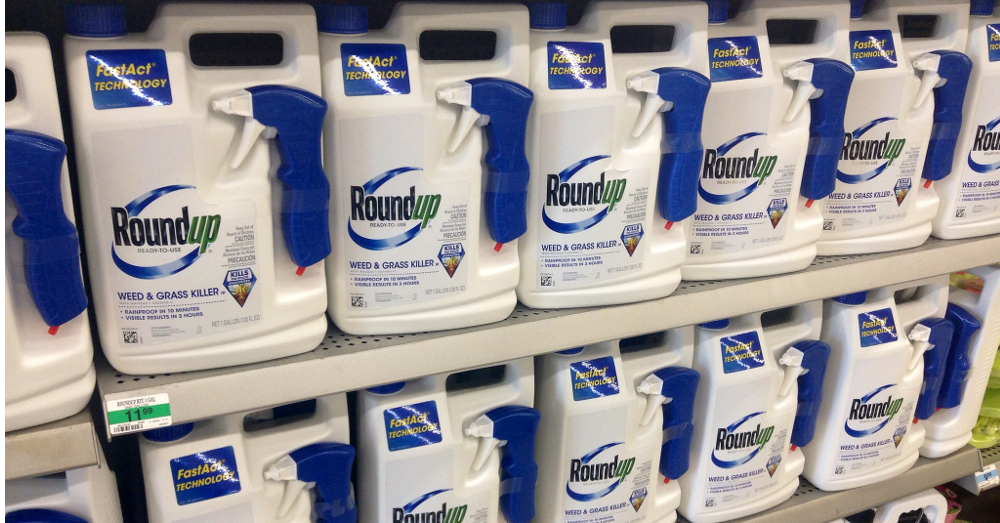
Will Cancer Warning Make You Avoid Roundup Weed Killer?
The weed killer Roundup will become the latest product in California required to carry a label alerting consumers that exposure is believed to cause cancer, state regulators announced this week.
June 28, 2017 | Source: The San Diego Union- Tribune | by Joshua Emerson Smith
The weed killer Roundup will become the latest product in California required to carry a label alerting consumers that exposure is believed to cause cancer, state regulators announced this week.
The decision marks the latest flash point in a years-long fight between environmentalists, some scientists and Roundup’s maker, the chemical giant Monsanto, with government agencies often caught in between.
It’s generating public discussion not only because of Roundup’s popularity but also because various detractors are touting the labeling as a possibly momentum-building victory against the St. Louis-based company, which they have accused of everything from hiding evidence about toxins to promoting the controversial use of genetically modified seeds.
Monsanto, which has repeatedly denied any wrongdoing, declined to comment Tuesday.
For Californians, evaluating the cautionary stickers and signs mandated by Proposition 65 is practically part of daily life. The labeling is found on everything from dietary supplements to crystal vases to gasoline pumps.
What impact — if any — does this public-alert system have on consumers and businesses? The answers range from laudatory to disparaging, depending on which experts are asked.
In 1986, California voters passed Proposition 65, also called the Safe Drinking Water and Toxic Enforcement Act. The law requires that products carry warning labels if they contain chemicals deemed by the state to pose certain health risks.
Today, it covers more than 900 substances believed to cause cancer, birth defects or reproductive harm. Warnings can be placed directly on products or posted in businesses, workplaces and rental units. There are several ways a chemical gets put on the Proposition 65 list, most notably by designated, state-qualified scientists.
